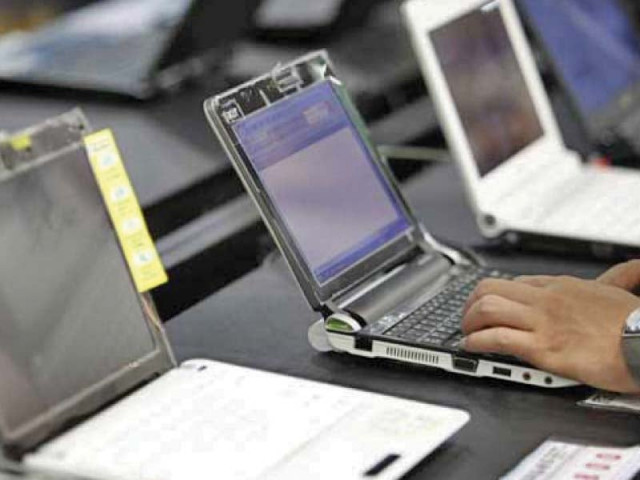Rs75b investment planned for 4G network
Expert says heavy funding needed to improve voice, data service quality

Pakistan Mobile Communications Limited, better known as Jazz, has secured the largest private sector syndicated credit facility of Rs75 billion from commercial banks, which will be invested in expanding its 4G network, enhancing mobile internet service and promoting digital inclusion.
The mobile phone service providing company and a banking consortium, led by The Bank of Punjab (BOP), signed a 10-year financing agreement on Friday.
According to a statement, “(The) financing arrangement will significantly support Jazz’s ongoing 4G network expansion and technological upgrades while supporting its new ServiceCo model.”
Talking to The Express Tribune, technology expert Noman Said pointed out that the telecom sector extensively required heavy investment to improve the poor quality of voice and data services in Pakistan.
A large number of mobile phone users, especially in industrial and commercial sectors and at offices, still acquire multiple internet connections from different broadband companies and keep switching among them to conduct tasks smoothly. “This does not only makes life painful, but also pushes the digital operating cost significantly high.”
In addition to that, major initiatives are required to improve mobile phone services beyond major cities to semi-urban and rural areas.
According to the Pakistan Telecommunication Authority (PTA), there are 192 million cellular subscribers in the country with mobile teledensity of 79.48%. Also, Pakistan has 133 million mobile broadband subscribers and 55.07% mobile internet penetration.
In its last Annual Report for 2022-23, PTA said Pakistan’s telecom infrastructure was connected through seven submarine cables and a single land-based optic fibre cable, enabling access to international internet bandwidth having total capacity of 13.3 Tbps. This infrastructure has improved the quality and accessibility of digital services.
“Connectivity with three more submarine cables is in the pipeline to enhance capacity and redundancy,” PTA said.
PTA has collaborated with relevant authorities to formulate the Draft Framework for Frequency Spectrum Re-farming. Once approved, this framework will optimise the use of spectrum, enhance mobile broadband quality and coverage, and enable multiple technologies to operate simultaneously within a frequency band, while promoting commercial viability of licensees in the telecommunication sector.



















COMMENTS
Comments are moderated and generally will be posted if they are on-topic and not abusive.
For more information, please see our Comments FAQ